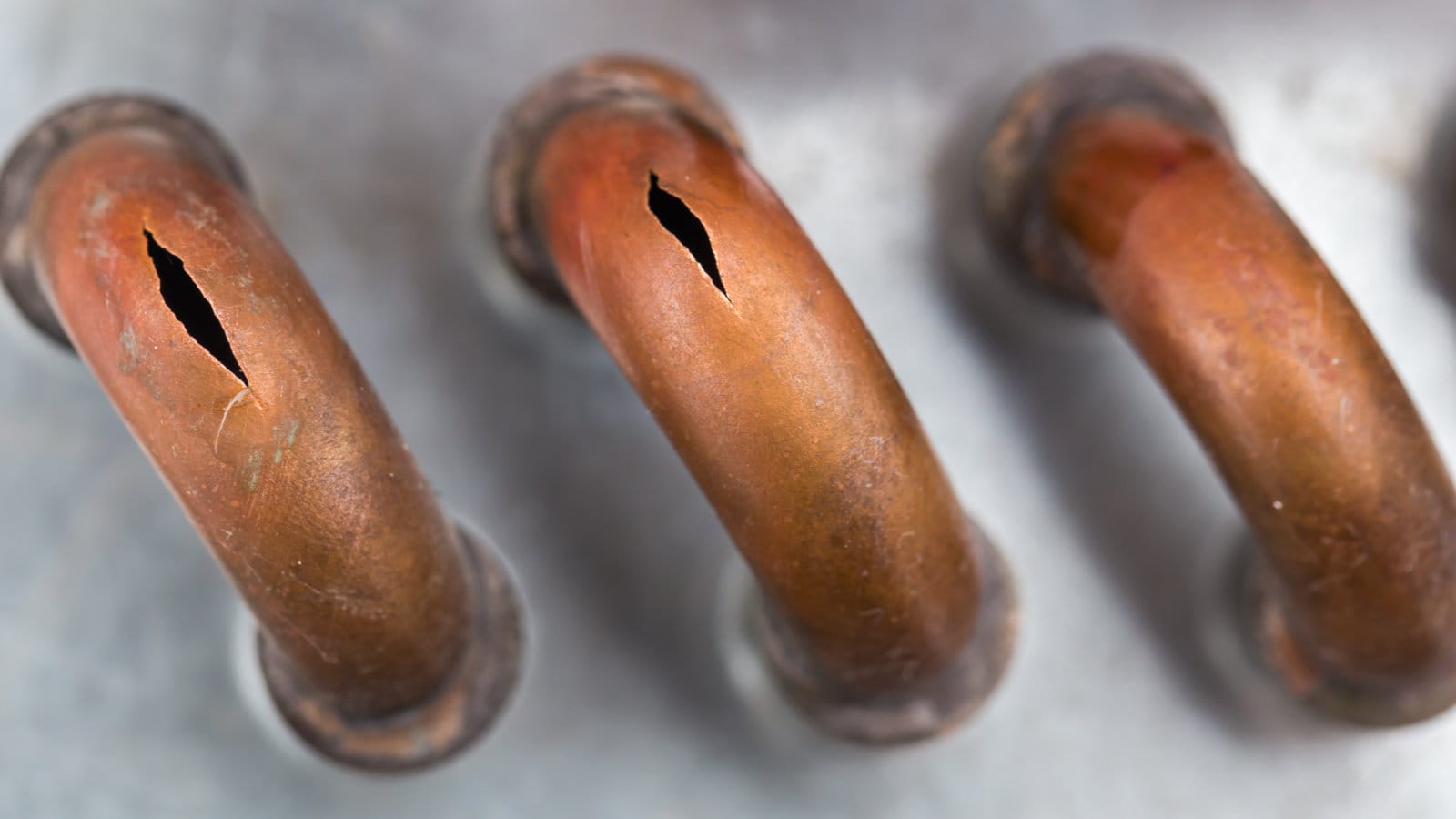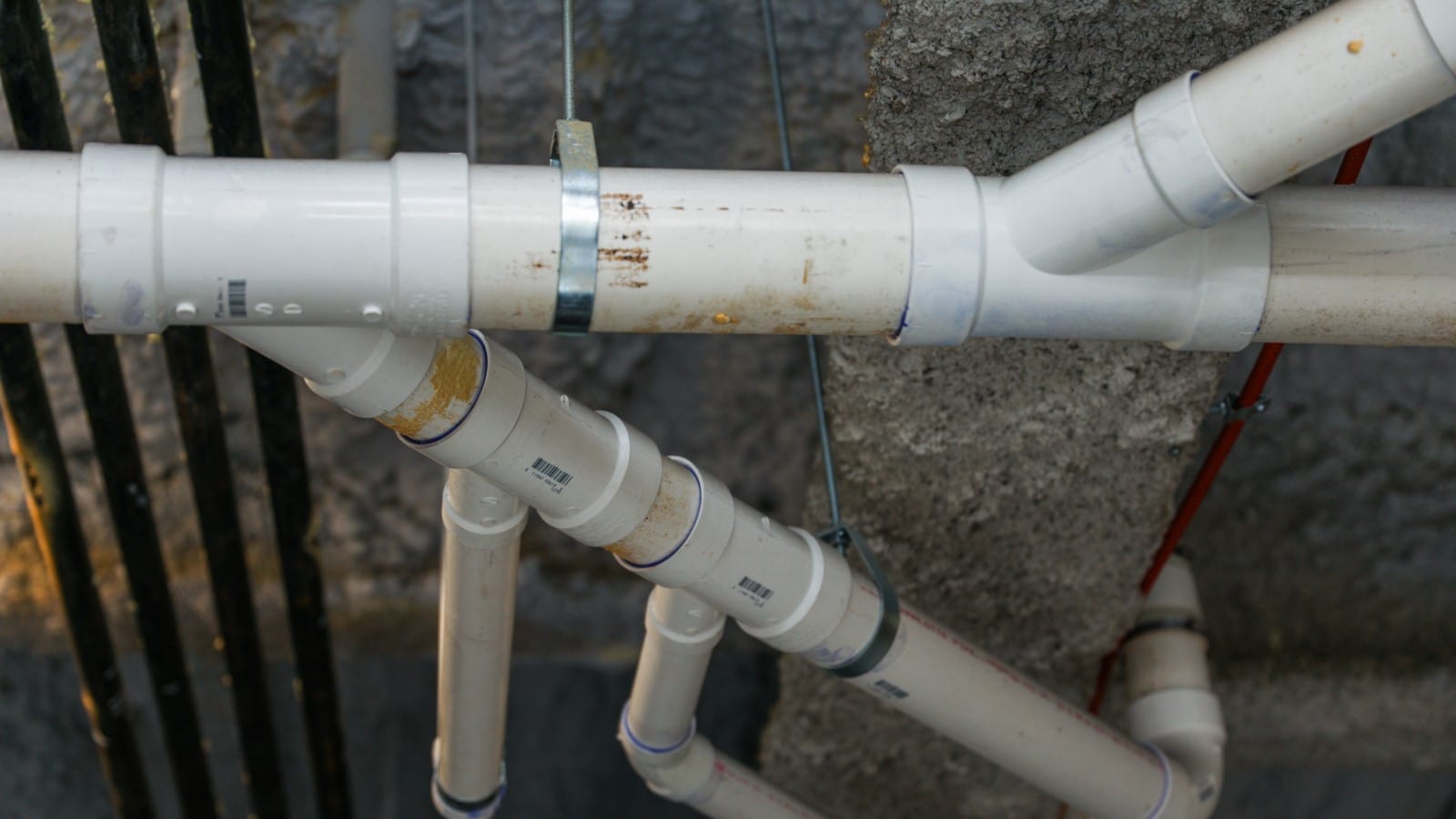Experiencing a gas smell in your house can be alarming. In Texas, where many homes use natural gas for heating and cooking, it’s crucial to know how to identify and react to a gas leak. This guide offers vital information for homeowners in the Lone Star State.
What Does a Natural Gas Leak Smell Like?
Natural gas is odorless in its natural state. However, gas companies add mercaptan for safety reasons, giving it a distinctive rotten egg or sulfur smell. This odor is your first sign of a potential gas leak in your home. In Texas, where temperatures can impact how quickly gas dissipates, this smell may be more noticeable in enclosed spaces or during cooler weather.
Recognizing Signs of a Gas Leak in Your Home
Apart from the unmistakable smell, there are other indicators of a gas leak:
- Hissing or Whistling Sounds: These sounds near gas lines or appliances can indicate a leak.
- Dead or Dying Vegetation: If plants in your house or yard start to wilt or die without an apparent cause, it could be due to a gas leak.
- Visible Air Movement or Bubbling in Water: Unusual air movement or bubbling in standing water can signal a leak in outdoor gas lines.
The Dangers of a Gas Leak
Gas leaks pose serious threats, including the risk of explosion and carbon monoxide poisoning. In Texas, where homes often have closed air conditioning systems, gas can accumulate quickly, increasing these risks. Immediate action is essential to prevent potential disasters.
Immediate Actions If You Smell Gas
If you suspect a gas leak:
- Evacuate Immediately: Don’t wait. Get everyone out of the house.
- Call Your Local Gas Company: Once safely outside, contact your local gas provider in Rockwall, TX, or the surrounding area.
- Do Not Use Electronics: Avoid using phones or any electronic devices that could ignite the gas until you are safe.
Reporting Gas Leaks and Environmental Concerns to TCEQ
In case of a suspected gas leak, besides contacting your local gas company and emergency services, Texas residents can also report to the Texas Commission on Environmental Quality (TCEQ). TCEQ handles various environmental complaints, including issues related to air quality, water pollution, and land contamination. They are available 24/7 to receive complaints and ensure prompt action for any reported environmental hazards. Reporting to TCEQ can be particularly crucial if the gas leak poses a broader environmental risk or if it originates from an industrial source.
Preventing Natural Gas Leaks
Prevention is key. Regularly check and maintain your gas appliances and lines. Consider installing a gas detector for added safety. Annual inspections by professionals, especially in older Rockwall homes, can catch issues before they become hazardous.
In conclusion, understanding the signs of a natural gas leak and knowing how to react is crucial for homeowners in Texas. If you ever suspect a gas leak in your Rockwall home, don’t hesitate to seek professional assistance immediately.





